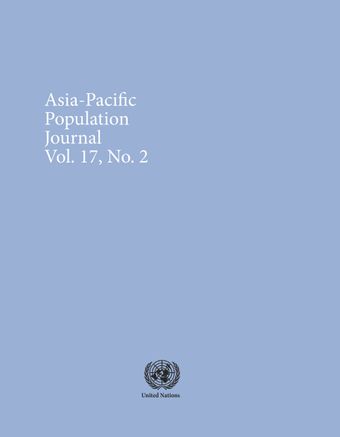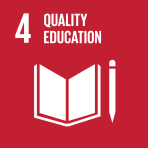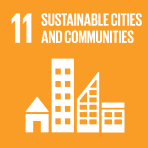-
Reproducing the Asian family across the generations: “Tradition”, gender and expectations in Singapore
- Source: Asia-Pacific Population Journal, Volume 17, Issue 2, Jul 2002, p. 61 - 86
-
- 08 Jul 2002
Abstract
Throughout the developed world, with declining fertility and historically high divorce rates, the role of the family in society is changing (Sardon, 2000; Allan and others, 2001; Time International, 2001). In Britain, for example, there is an ongoing debate about the future of the family and politicians periodically reaffirm the importance of a stable union between a man and a woman as the best setting for raising children. In Singapore, similar concerns are evident, despite lower rates of births outside marriage and apparently different conceptions of the nature of the family. With fertility now below replacement level among the majority Chinese population and lowest among university graduates, the Government is clearly worried about the implications of low fertility and its correlate,“the declining family”. In particular, the family as a setting for the care of the elderly has become a major focus of concern. Moreover, for more than a decade, the Singapore Government has been proactive in its attempt to halt fertility decline by offering inducements, such as tax incentives, to have “three or more if you can afford it” (Drakakis-Smith and others, 1993; Graham, 1995). The introduction of the Baby Bonus Scheme in April 2001 is merely the latest in a series of measures designed to persuade Singaporean women to tailor their reproduction to the perceived needs of the State (Pyle, 1997).





